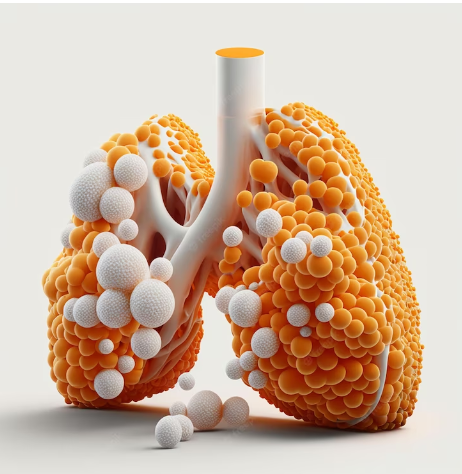Infertility: Health Workers, Patients Worries About Cystic Fibrosis Disorder

Cystic fibrosis is a disorder that damages your lungs, digestive tract, and other organs. It’s an inherited disease caused by a defective gene that can be passed from generation to generation. Cystic fibrosis affects the cells that produce mucus, sweat, and digestive juices.
The types of symptoms and how severe they are can differ widely from person to person. Many different factors can affect a person’s health and the course the disease runs, including your age when you are diagnosed.
Cystic fibrosis affects the cells that produce mucus, sweat, and digestive juices. It causes these fluids to become thick and sticky. They then plug up tubes, ducts, and passageways.
Symptoms vary and can include cough, repeated lung infections, inability to gain weight, and fatty stools.
Treatments may ease symptoms and reduce complications. Newborn screening helps with early diagnosis.
In the pancreas, the buildup of mucus prevents the release of digestive enzymes that help the body absorb food and key nutrients, resulting in malnutrition and poor growth. In the liver, the thick mucus can block the bile duct, causing liver disease. In men, CF can affect their ability to have children.
Today, because of improved medical treatments and care, more than half of people with CF are age 18 or older. Many people with CF can expect to live healthy, fulfilling lives into their 30s, 40s, and beyond.
In people with CF, mutations in the cystic fibrosis transmembrane conductance regulator (CFTR) gene cause the CFTR protein to become dysfunctional. When the protein is not working correctly, it’s unable to help move chloride – a component of salt – to the cell surface. Without the chloride to attract water to the cell surface, the mucus in various organs becomes thick and sticky.
Today, because of improved medical treatments and care, more than half of people with CF are age 18 or older. Many people with CF can expect to live healthy, fulfilling lives into their 30s, 40s, and beyond.
Symptoms of CF
People with CF can have a variety of symptoms, including very salty-tasting skin, persistent coughing, at times phlegm, frequent lung infections including pneumonia or bronchitis, and wheezing or shortness of breath.
They also have chronic sinus infections, clubbing or enlargement of the fingertips and toes, rectal prolapse, and male infertility, among other issues.
Genetics and Diagnosis
Cystic fibrosis is a genetic disease. People with CF have inherited two copies of the defective CF gene – one copy from each parent. Both parents must have at least one copy of the defective gene.
Diagnosing cystic fibrosis is a multistep process, and should include a newborn screening, sweat test, genetic or carrier test, and clinical evaluation at a CF Foundation-accredited care centre.
Although most people are diagnosed with CF by the age of 2, some are diagnosed as adults. A CF specialist can order a sweat test and recommend additional testing to confirm a CF diagnosis.
Managing CF
The types of CF symptoms and how severe they are can differ widely from person to person. Therefore, although treatment plans can contain many of the same elements, they are tailored to each person’s unique needs.
